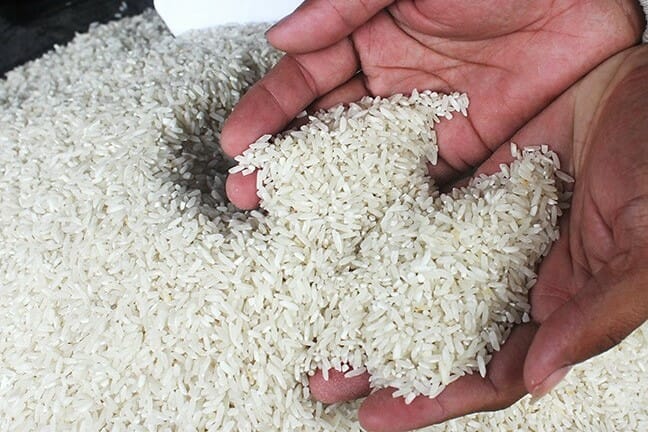Prof Prof. Dr. Mohammad Tariqur Rahman- Malaysian politicians once again are in the spotlight for raising an unscrupulous proposal to restrict foreigners from buying subsidized local rice. The agriculture and food security minister Mohamad Sabu, better known as Mat Sabu, shot back in the Parliament yesterday by responding, “Foreigners have to eat too”. Like it or not, foreign workers contribute to Malaysian economic growth in four different ways.
Foreign workers savour the jobs including “3D” (dirty, dangerous, and difficult) jobs in the plantation, agriculture, construction, manufacturing, and service sectors in Malaysia. Those jobs are wilfully avoided by Malaysians. Based on unofficial estimates, those foreign workers represent more than 15% of the country’s total workforce.
Lucrative enough, foreign worker recruitment, processing, and placement is a massive business, worth more than RM2 billion annually to manpower and private employment agencies.
A lack of proper code of conduct, the manpower recruitment industry is no exception of domestic and foreign criminal elements involving millions if not billions of uncurbed transactions.
What remains unaccounted for in foreign workers’ contributions are their forced overtime, far less than standard payscale, and last but not least no rights for holidays, social security, and benefits – adding a significant amount of surplus revenue to the emplyers. The illegal chunk of foreign workers, not less than one third of the total foreign laborers, escaping the country’s surveillance radar continue to work and hunt for their loaf of rice. And the legal ones apparently are no less devouring than their illegal counterparts. Why allow those ravenous foreign laborers to remain in the country?
No one needs an X-ray vision to visualize the hidden interests behind this. Yet when some politicians counter the issue of foreign workers they seem to be oblivious of the imbalance between what the country is gaining from them and what the country is giving back to them.
According to the12th Malaysia Plan, the number of foreign workers has been decided not to exceed 15% of the total workforce. However, the ruling of 80:20 local-foreign workforce could not be achieved before the given deadline Dec. 31, 2022. Yeaw Kok Kwey, president of the Malaysian Rubber Products Manufacturers Association, urged the government to embrace the reality of the unwillingness of the locals to enter the “dirty job” sector.
The best way for the politicians then to deal with the challenge is not by scorning the foreign workers but by (1) motivating the rakyat to embrace the so-called 3D jobs and (2) preparing the employers for higher pay when replacing the foreigners with locals. The latter of course would mean a significant reduction in the profit margin for the employers. Nevertheless, the earlier the better for the rakyat to realize that their country is unable to run even for a day without the foreign workers if they are not willing to take their roles. Meanwhile, as long as the rakyat would relish the presence of foreign workforce in plantation, construction, and manufacturing industries, let the 3D job workers at least have a civilized and humane treatment in Malaysia.
Although politicians may gain their political mileage by making proposals such as restricting foreigners to purchase local rice, as being a human they ought to be guided by their conscience too. While the 3D job workers are not paid for their dues in lieu of their service to the rakyat, they could be considered as human at the least.
…
The author is the Associate Dean (Continuing Education), Faculty of Dentistry, and Associate Member, UM LEAD, Universiti Malaya.









